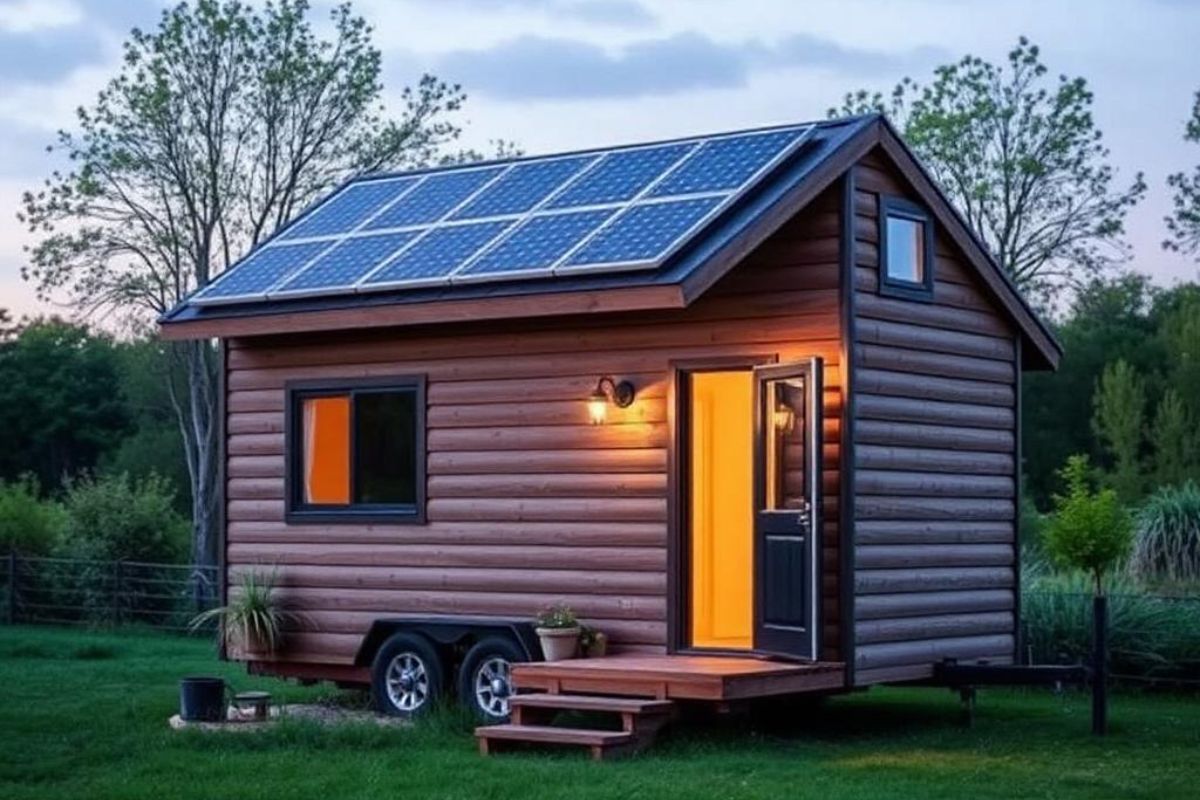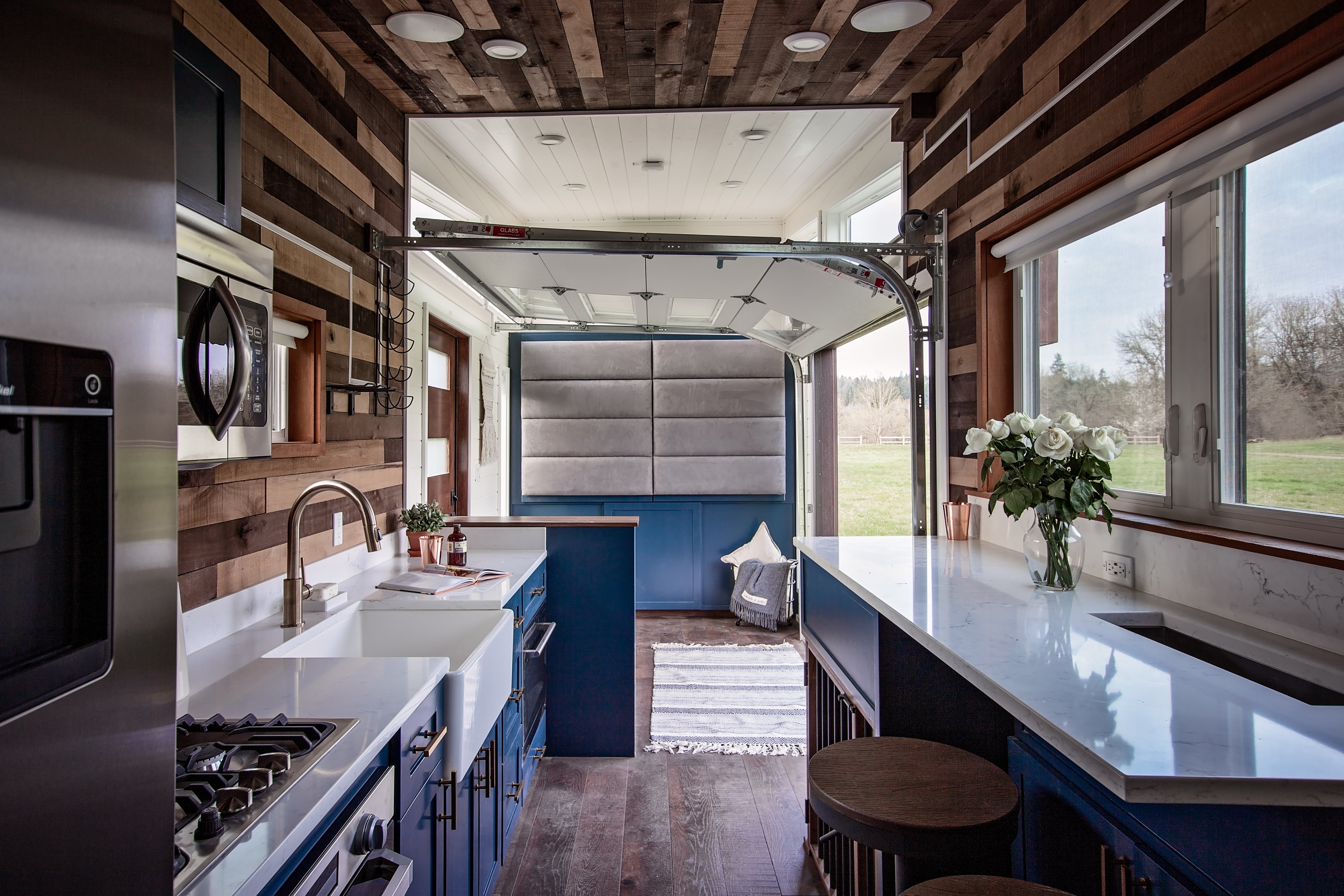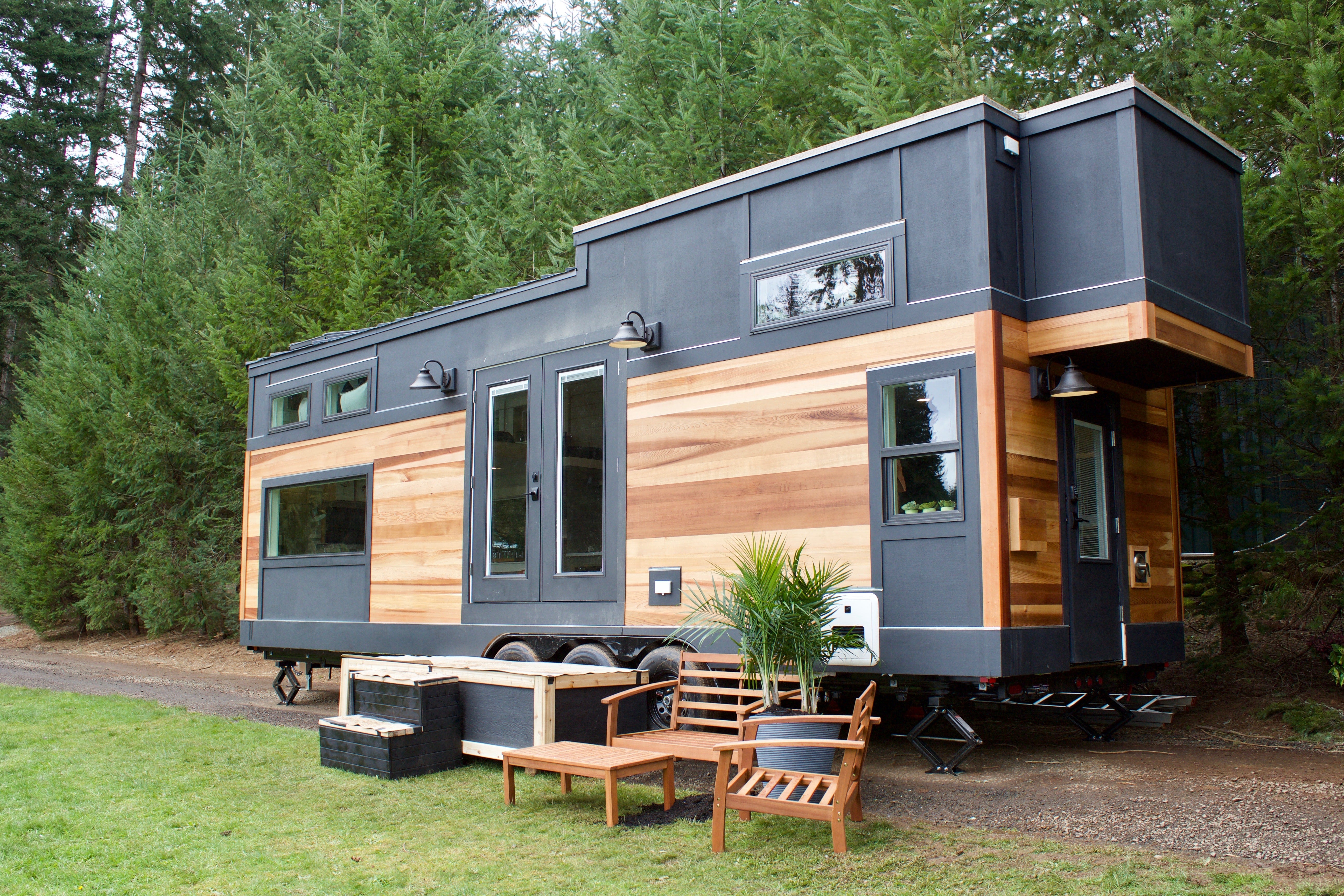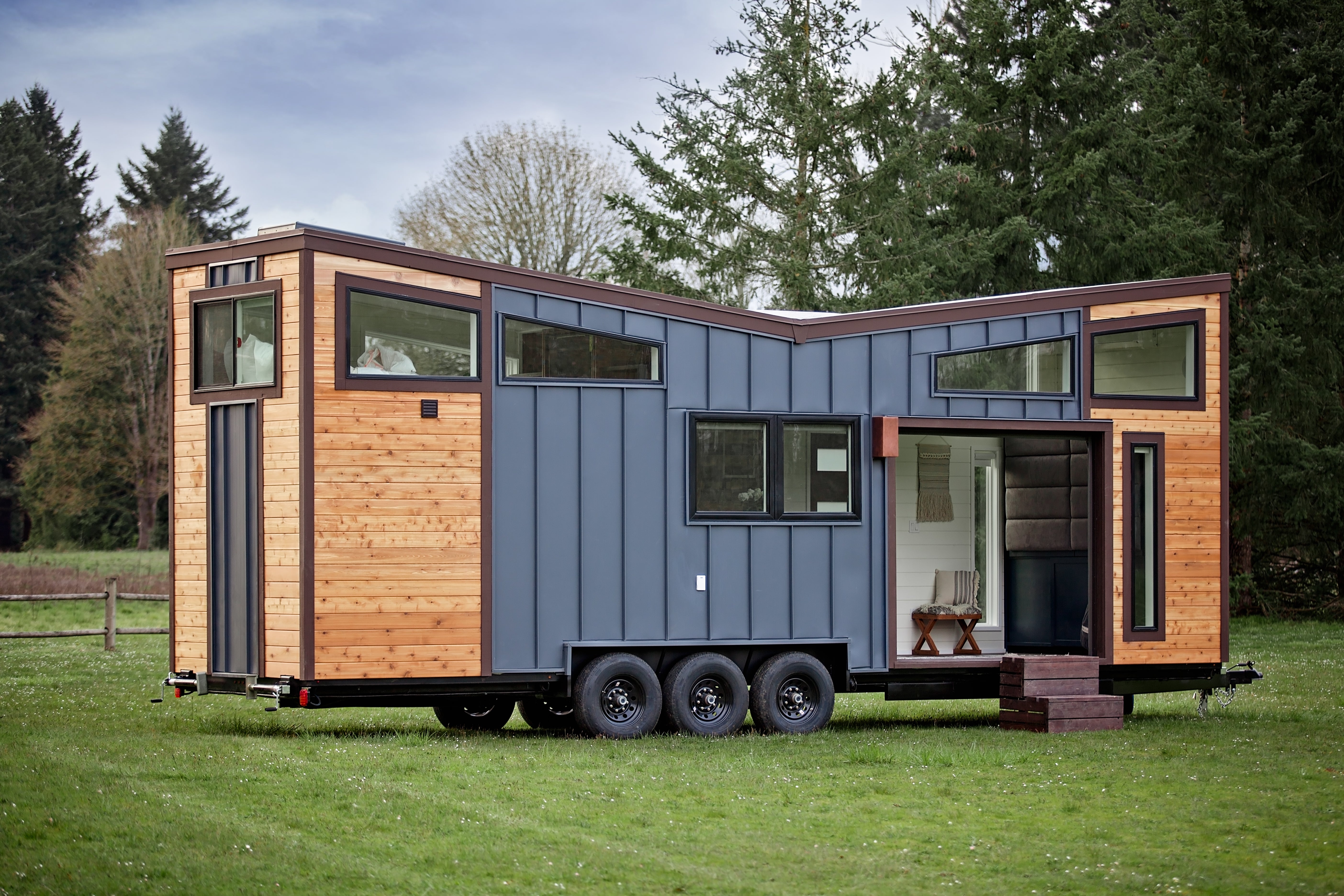As energy prices continue to rise and environmental concerns grow, more Australian homeowners are making the switch to solar power. While solar panels often take centre stage in these conversations, there's another critical professional who should be involved from the beginning: your local electrician.
A qualified electrician does much more than just connect wires—they ensure your solar system is safe, efficient, and compliant with Australian standards. Whether you're considering a small rooftop installation or a full home battery system, here's why your local sparky should be an essential part of your solar journey.

Why You Need an Electrician for Your Solar Installation
1. Electrical Safety Comes First
Solar systems involve high-voltage DC electricity, which presents unique risks:
-
Improper wiring can lead to fires or electrocution
-
Faulty connections may cause system failures or damage appliances
-
Incorrect earthing creates shock hazards
A licensed electrician ensures:
✔ All wiring meets AS/NZS 3000 (Australian Wiring Rules)
✔ Proper isolation switches are installed
✔ Your system is protected against surges and faults
Attempting DIY solar electrical work is not just risky—it's illegal under Australian law.
2. Maximising System Performance
Not all solar installations are created equal. Experienced local electricians can:
-
Assess your home's energy needs to right-size your system
-
Optimise panel placement for maximum sunlight exposure
-
Prevent voltage drop issues with correct cable sizing
-
Integrate battery storage seamlessly with your existing wiring
Without professional input, you might end up with an underperforming system that never delivers promised savings.
3. Navigating Regulations and Paperwork
Australia has strict requirements for solar installations:
-
Clean Energy Council (CEC) accreditation for installers
-
Grid connection approvals from your electricity distributor
-
STC rebate paperwork for financial incentives
A qualified electrician handles:
✅ All necessary certifications
✅ Network operator applications
✅ Compliance documentation
Trying to manage this yourself can delay your installation by weeks or months.

How to Choose the Right Electrician for Your Solar Project
Not all sparkies have solar expertise. Follow these steps to find the best professional:
1. Verify Licences and Accreditation
-
Must hold a current electrical licence in your state
-
Should be CEC-accredited for solar installations
-
Ideally certified for battery storage if relevant
Always ask for licence numbers and verify them online.
2. Check Solar-Specific Experience
Look for electricians who:
-
Have installed multiple similar systems in your area
-
Can show before/after examples of their work
-
Stay updated on latest solar technologies
Ask: "How many solar installations have you completed in the past year?"
3. Assess Their Whole-System Knowledge
The best solar electricians understand:
-
Panel and inverter compatibility
-
Battery integration challenges
-
Energy monitoring solutions
Beware of those who only want to install panels without considering your full energy needs.
Key Solar Electrical Considerations

1. Upgrading Your Switchboard
Many older homes need switchboard upgrades to handle solar:
-
Safety switches must be compatible with solar
-
New circuits may be required for batteries
-
Metering upgrades are often needed for feed-in tariffs
Your electrician should check this before installation day.
2. Choosing the Right Inverter
The inverter is the brains of your solar system. Options include:
-
String inverters (most common, cost-effective)
-
Microinverters (better for shaded roofs)
-
Hybrid inverters (for battery-ready systems)
A good electrician explains the pros/cons of each for your situation.
3. Future-Proofing with Batteries
Even if not installing batteries now, your electrician can:
-
Pre-wire for future battery addition
-
Select battery-ready inverters
-
Position components strategically
This saves money and hassle when you're ready to expand.
Common Solar Electrical Mistakes to Avoid
1. DIY or Unlicensed Installations
-
Voids equipment warranties
-
Makes insurance claims difficult
-
May attract heavy fines
Always use licensed electricians—no exceptions.
2. Ignoring Shade and Orientation
Even the best panels underperform if:
-
Facing the wrong direction (north is ideal in Australia)
-
Placed in shaded areas
-
Installed at incorrect angles
Your electrician should conduct a proper site assessment.
3. Overlooking Maintenance Needs
Solar systems need:
-
Regular electrical safety checks
-
Inverter servicing
-
Connection inspections
Ask your electrician about maintenance packages.
When to Call Your Electrician After Installation
Contact your local electrician if you notice:
⚠️ Frequent inverter faults or shutdowns
⚠️ Unusual buzzing from switchboards
⚠️ Fluctuating energy production
⚠️ Physical damage to cables or connectors
Preventative checks can avoid bigger issues down the track.
The Bottom Line
Switching to solar is one of the smartest energy decisions you can make—but only when done properly. By involving a qualified electrician from the planning stage, you'll get:
-
A safer system that complies with all regulations
-
Better performance and energy savings
-
Proper warranties and insurance coverage
-
Future-ready infrastructure for batteries or expansions






Share: